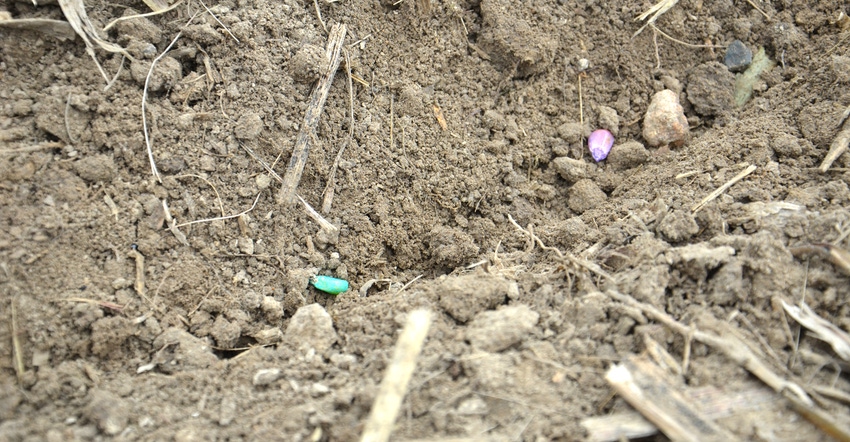April 29, 2019

By now it’s not news that everything you read on the internet isn’t 100% true. It’s the joke of the 21st century that “Hey, it’s on the internet, so it must be true.” The same applies to emails that sometimes cross my desk.
I’ve taken Friends of the Earth to task before, but it’s nothing personal. If they keep sending me emails, I will keep reading them. Many people smarter than I am have said it’s important to know what those who don’t agree with you are saying. It’s one way to know how a statement that seems like a crazy rumor to you gets started — and gains traction. After all, someone must click on the “donate” tabs in those emails, because the organization keeps sending emails.
Kills what?
Usually the Friends of the Earth emails are about some environmental cause that makes me chuckle. They’re always on the edge of what seems possible, logical and perhaps true. Usually the emails don’t cross the line into pure fantasyland.
Then this email arrived:
Dear Tom,
A single corn kernel coated with neonicotinoid pesticides can kill a bird.
Neonics are contributing to massive declines of bees and other pollinators — threatening one in three bites of food we eat.
Scientists are warning that if we don’t act to protect insects, we could face a “catastrophic collapse of nature’s ecosystems.”
The pitch for money was only a couple of paragraphs farther down.
Most of what the email said falls into the category of “perhaps, kind of, maybe believable.” Neonicotinoid insecticides in high enough doses can kill bees — they’re insects. The debate continues about how much damage dust escaping planters does to beehives.
But the first sentence — read that again: “A single corn kernel coated with neonicotinoid pesticides can kill a bird.” A bird is an avian species, not an insect. That statement doesn’t pass the “smell test” for me, or the logical, common-sense test. That’s especially true when farmers tell me birds still go down corn rows along woods occasionally and pluck out kernels. Where are the dead birds?
Fact-check
This email was over the line. I needed to know if, in fact, one kernel coated with this pesticide could possibly kill a bird. John Obermeyer, Purdue University Extension entomologist, answered my call. His answer? No, it does not make sense.
Yes, neonics are deadly for insects, but not birds. A lethal dose for a bird would be significantly higher, to put it mildly, than one kernel.
Based on my fact-checking, the statement simply isn’t true. Thanks to Obermeyer, I know that, and now you know that. But do well-meaning people who wonder about sprays drifting across fields and are suspicious of what happens in the countryside know that? No, probably not. Are they inclined to believe it if they see it in print? Possibly.
So, what’s the point? Boycott groups like Friends of the Earth? The better option is to know what the organization is telling people, and if it doesn’t ring true, tell people about it. Be ready to negate a claim when someone says, “I read somewhere that one kernel of this stuff kills birds.”
You will never convince some people that pesticides are safe. Those on the fringe have their minds made up. But those who still will listen to logic, reason and scientific principles — those are the people you may be able to reach. Let’s tell them the truth, one person at a time.
Comments? Email [email protected].
You May Also Like




